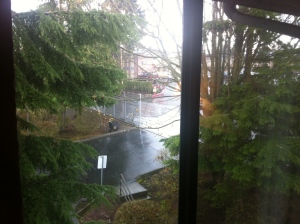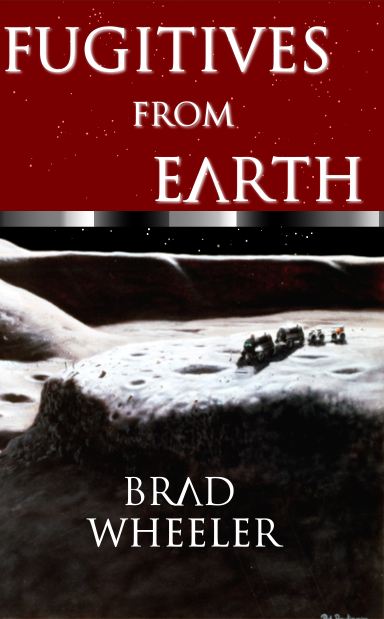For no particular reason (well, because I was thinking about it), here’s a list of what I consider to be the best video games ever made. It should go without saying that this list is incredibly biased and idiosyncratic, and since it only includes games that I have personally played and loved, a game’s omission doesn’t mean it’s bad. It just means that I either didn’t play it or it didn’t click with me.
Also, this is not an ordered list. Maybe I’ll make one of those later, but for now just wracking my brain for a list of games is hard enough without trying to decide what scale I’m going to use to decide which is my ALL TIME BESTEST FAVORITE EVER.
I’ve also included, in order, the developer, publisher, and the year of publication for my own reference (or the year I bought the game, if I played it substantially in alpha or beta). For series I loved, I just picked the best game.
- Dark Forces (LucasArts, 1995)
- Crusader Kings II (Paradox Development Studio, Paradox Interactive, 2012)
- System Shock 2 (Irrational Games/Looking Glass Studios, EA, 1999)
- TIE Fighter (Totally Games, LucasArts, 1994)
- Kerbal Space Program (Squad, 2013)
- Mass Effect 2 (Bioware, EA, 2010)
- Age of Empires III (Ensemble Studios, Microsoft Game Studios, 2005)
- Knights of the Old Republic (Bioware, EA, 2003)
- Thief 2: The Metal Age (Looking Glass Studios, Eidos, 2000)
- Minecraft (Mojang, 2010?)
- Sid Meier’s Alpha Centauri (Firaxis Games, EA, 1999)
- Unreal Tournament (Epic Games, GT Interactive, 1999)
- Full Throttle (LucasArts, 1995)
- Homeworld (Relic Entertainment, Sierra Entertainment, 1999)
- Super Metroid (Nintendo, 1994)
- Freespace 2 (Volition, Inc., Interplay, 1999)
- Silent Hunter 4: Wolves of the Pacific (Ubisoft Romania, Ubisoft, 2007)
- Lego Star Wars: The Complete Saga (Traveller’s Tales, LucasArts, 2007)
- Dark Souls (From Software, 2011)
- Microsoft Flight Simulator X (Microsoft Game Studios, 2006)
Apparently I’m OCD enough to require that my list have an even number of items on it, so there you go. Some observations, now that I’ve actually got these written down:
- Apparently I’m not a big fan of console titles. only three games above are console titles: Lego Star Wars, Super Metroid, and Dark Souls. Those last two the only Japanese games, also. I suspect that’s because a lot of genres that are very popular in Japan, like RPGs and platformers, aren’t genres I often get in to.
- There’s a range of dates in there. I just bought Kerbal Space Program eight weeks ago but it’s already got a place in the “best games ever” category. On the flip side, TIE Fighter came out in 1994. Most of the titles are spread out over the intervening two decades, except…
- 1999. Apparently that was a great year. 5 of the 20 games above were released in 1999, and Thief 2 was released in early 2000. All of those 1999 games (except for maybe Homeworld) are ones that I still play off and on.
- Super Metroid is the only game above that I didn’t play at the time of its release. In fact, I’ve only played Super Metroid on emulators, since I never owned a SNES. I doubt the timing is coincidental: a lot of games, even if they stay awesome in some ways, aren’t always easy to play decades changes in graphics and, especially for me, interface standards can make old games tough to get into. That’s why you don’t see, for instance, Planescape: Torment on this list.
- The mix of genres is well-represented. I don’t play many sports games or platformers, but I’ve got RPGs, FPSs, and both real-time and turn-based strategy games up there. Even sims! Man, I love sims and it sucks that most of the ones left are either too casual for my taste or too hardcore for the amount of time I have.
That’s pretty much it. What are your favorite titles? Strongly disagree with any of mine? Sound off.




